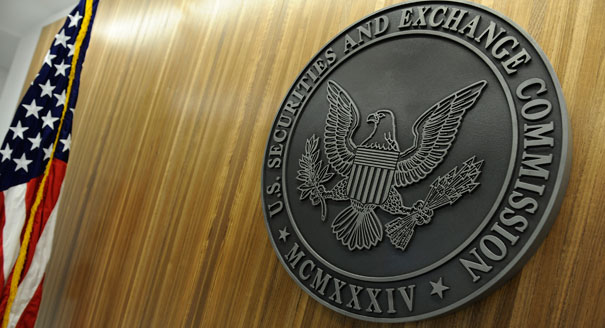
Secruities and Exchange Commission could face potential problems after a federal court ruled that its appointment of an in-house judge to preside over administrative insider trading cases was “likely unconstitutional.”
BrokerDealer.com update profiles what could turn into a legal brouhaha as the SEC’s recent strategy to use internal arbitrators could prove to be a major conflict of legal interest, as U.S. District Judge Leigh Martin May’s decision Monday that the SEC may not have the authority to divert such cases from regular courts halted its action against a Georgia real-estate developer. Charles Hill was accused of profiting from trades made after he received a tip from a friend. He sued in Atlanta federal court to block the administrative action.
BrokerDealer.com provides a comprehensive global database directory with information for thousands of broker-dealer firms in more than 30 countries throughout the free market world.
The SEC has increasingly been using its five administrative-law judges to hear its cases, rather than sending them to federal court, legal experts said. Although the ruling was preliminary, and won’t necessarily be duplicated in other federal courts, it could have ramifications for other SEC cases and potentially other federal agencies.
The decision is the first by a federal judge to find the SEC’s in-house tribunal could breach the Constitution. Previous constitutional challenges to the SEC’s system of judges, based on different legal arguments, have been inconclusive or unsuccessful.
To read more, check out this article by the WSJ.
 rokerdealer.com blog update courtesy of Wired.com
rokerdealer.com blog update courtesy of Wired.com
